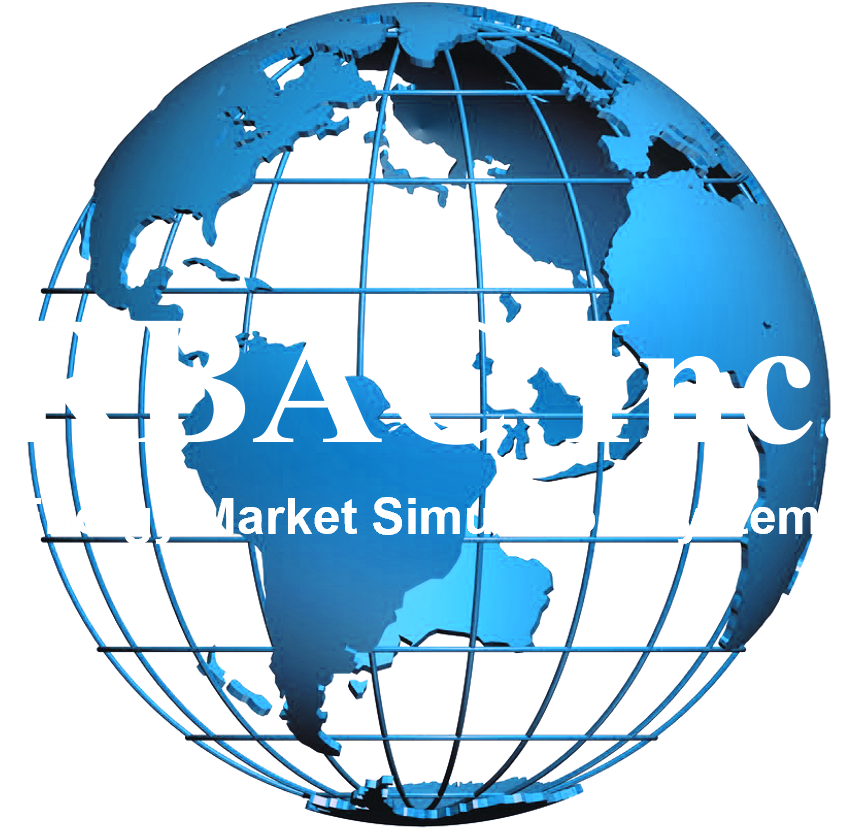In a recent episode of the Energy Newsbeat Podcast, Stuart Turley sat down with Dr. Robert Brooks, Founder and CEO of RBAC, for a deep dive into the global natural gas and LNG markets. What followed was a wide-ranging discussion on everything from new LNG projects and U.S. energy dominance to geopolitical tensions and the future of net-zero policies.
If you would like to hear about future events RBAC is a part of or hosts, join our mailing list to keep up with all things RBAC, natural gas, and LNG!
Here are some of the key insights:
LNG Projects Surge in the U.S.—But What’s Next?
Dr. Brooks commented on the volume of proposed new LNG projects along the U.S. Gulf Coast. While many are years away from coming online—likely post-2030—early commercial interest is already building.
“These are preliminary deals … but they are getting business. So it may be that there’s the potential for a lot more LNG demand out in the world than what you would think.”
This level of early activity hints at a robust appetite for U.S. LNG, even amid long-term market uncertainties.
Canada and Asia: Rising LNG Players
Canada is entering the LNG race with competitive advantages, especially when serving Asian markets like China and Japan.
“You saw that Canada delivered a couple of LNG tanker loads over into Asia. Of course, they’re very well positioned… competitively against the Gulf coast. The Gulf coast is a lot farther away plus it has to go through the Panama Canal [The Panama Canal has seen a significant decline in LNG traffic]. So, China and the Canadians don’t have to do that at all.”
Demand from Asia, especially from China, India, and Southeast Asia—is expected to accelerate rapidly through 2050, outpacing North American demand, which is projected to plateau.
From LNG to Power: A Global Trend
Countries like Vietnam and the Philippines are embracing LNG-to-power solutions to transition away from coal.
“I think there is the potential here that, once these countries like whether it’s Vietnam, India, Philippines… if these countries start doing better and using natural gas to make more electricity and to get more power for their countries, there is a potential for a virtuous cycle where their economies will do better.”
Dr. Brooks sees this as a key opportunity for sustainable energy development in emerging markets. He emphasized the importance of affordable LNG and flexibility—such as floating storage regasification units (FSRUs) in enabling this transition.
Europe’s Energy Paradox
Despite reduced pipeline imports from Russia and lofty net-zero ambitions, European demand for natural gas isn’t dropping off a cliff. In fact, it’s expected to remain relatively steady.
“Net-zero people would like to see…essentially demand for natural gas go down to zero pretty fast and we don’t see that happening.”
Germany, in particular, faces the consequences of deindustrialization and rising energy prices—driven in part by an aggressive shift toward renewables without reliable baseload replacements.
RBAC’s Market Modeling Tools: Empowering Energy Strategy
RBAC’s natural gas and LNG market simulation tools are designed to assist in making informed decisions by modeling future supply, demand, and pricing scenarios.
“It allows users to make forecasts in the natural gas sphere. It can be detailed forecasts of the United States and Canada and Mexico, North America, or it can be more sort of general forecasts of around the world. , they include LNG transport all around the world.”
For example, RBAC anticipates downward pressure on global LNG prices through the early 2030s due to U.S. export growth—followed by a long-term rebound as demand rises in Asia.
Energy Security and Strategic Investment
Middle Eastern companies are increasingly behaving like global multinationals, investing in U.S. natural gas infrastructure and securing long-term LNG contracts.
“They figure U.S. is a stable market, that it’s probably better for them to invest in the United States than perhaps places like Mozambique, where you don’t know what’s going to happen.”
Meanwhile, geopolitical events such as tensions in the Strait of Hormuz and conflicts affecting Mediterranean gas fields have highlighted the value of LNG’s flexibility over fixed pipelines.
The Net-Zero Debate: Data Over Dogma
Both Dr. Brooks and Turley criticized what they see as unrealistic net-zero targets. The current energy landscape, they argue, reveals that reliability, affordability, and pragmatism still dominate public sentiment.
“We still have to produce the tools that enable people and companies to do the analysis, which inevitably show it doesn’t make sense, to go that route… we still have these organizations, few still in the United States, but primarily in Europe, who are still trying to push this stuff. It’s not our role for us to tell them what to do, but it’s our role to provide them with good tools that enable them to run the scenarios and see for themselves.”
While acknowledging the importance of climate considerations, they emphasized the need for balanced, data-driven policy that doesn’t sacrifice industrial viability or grid stability.
Final Thoughts: What Lies Ahead?
As global LNG infrastructure expands and trading blocs shift, natural gas is poised to play a central role in shaping energy security, especially for countries with growing power needs.
“I truly see that natural gas is going to be critical in the new trading blocks that are forming around the world. It’s going to be those with natural gas will be successful either in LNG form or those without it will be deindustrialized.”
Dr. Brooks closed with a note of optimism, highlighting RBAC’s commitment to providing powerful tools that enable sound energy decisions amid a rapidly changing world.
Have any questions about the content covered or interest in a demonstration of our market simulation tools? Contact us today by clicking here.
RBAC is the market-leading supplier of global and regional gas and LNG market simulation systems used by the energy industry and related government agencies for over two decades. The GPCM® Market Simulator for North American Gas and LNG™ is the most widely used natural gas market simulation system in North America. RBAC’s G2M2® Market Simulator for Global Gas and LNG™ has been instrumental in understanding evolving global gas and LNG market dynamics and is vital to fully grasp and leverage the interrelationship between the North American and global gas markets.


